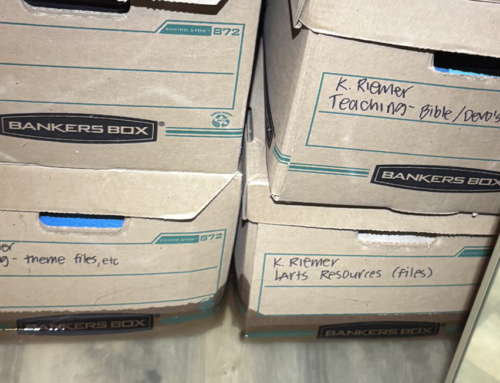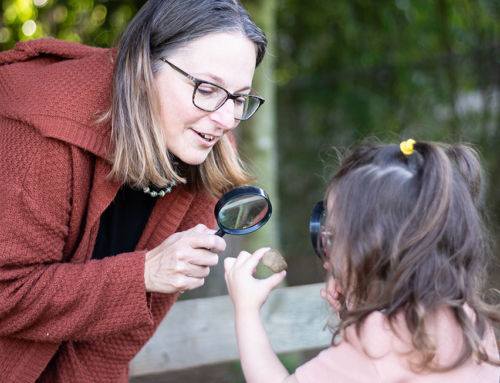A couple of weeks ago a teacher told me that a considerable amount of money had disappeared from a wallet. As we were working through some possibilities for finding out what may have happened, I was told more had gone missing from someone else’s wallet. Given what we know, it seems clear that it happened during the school day and a stranger would have been noticed, meaning a student is likely responsible.
While dealing with these situations may not be the most difficult part of my job, it is one of the most disheartening. Doing the detective work necessary is difficult and time consuming, and I simply am not very good at it. It is hard on the person who has been robbed, not only to deal with the loss, but more because trust is broken. In the end, though, the most disheartening part is that I worry about the student, assuming we haven’t overlooked some other possibility, who has done this.
What is the motive?
What lead them to make this kind of decision?
Is this some kind of cry for help?
How are they dealing with the knowledge of what they have done?
So now I am left feeling I have failed those who have lost the money and the person who is responsible.
The “crimes,” of course, don’t begin to compare, but the questions of what to do about this seem similar with the questions raised after the tragic deaths of two Canadian soldiers in the last couple of weeks.
What increased security measures do we have to take?
Do we have to restrict accessibility and thereby limit freedom of movement and participation in worthwhile functions?
How do we investigate without generating unfounded accusations or raising suspicions that might harm those who are completely innocent?
The community at ACES has always been one of our strongest assets. These incidents cast a cloud on that, which can only really be lifted if we find out what happened. If I have to play detective, it is all worth it if I can also take the role of confidant and counsellor. There I find gratification.






WHAT DO YOU THINK?
When investigating a crime, it is important to keep an open mind as to who the potential suspect may be. It is easy to consider an innocent child making a poor decision is to blame in this situation. However, without knowing the full circumstances of who had access etc, as uncomfortable as it may be, other teachers, assistants and volunteers must also be viewed as potential suspects. It is a common mistake to pre-determine the guilty party and then during the course of the investigation, find evidence that only supports that single theory. Instead of restricting freedom of movement, perhaps… Read more »